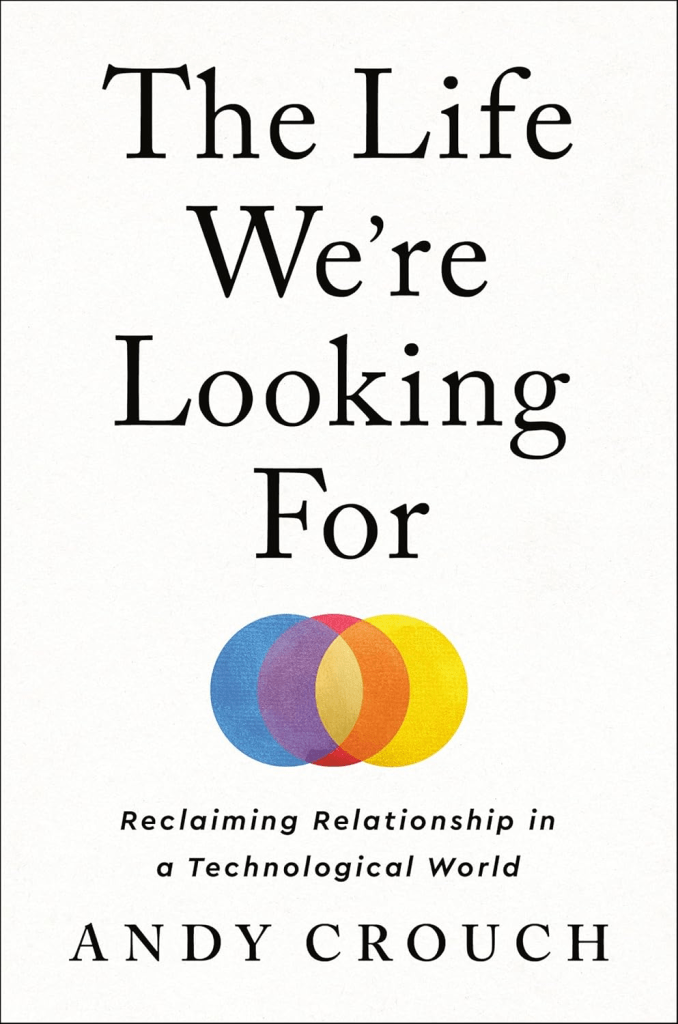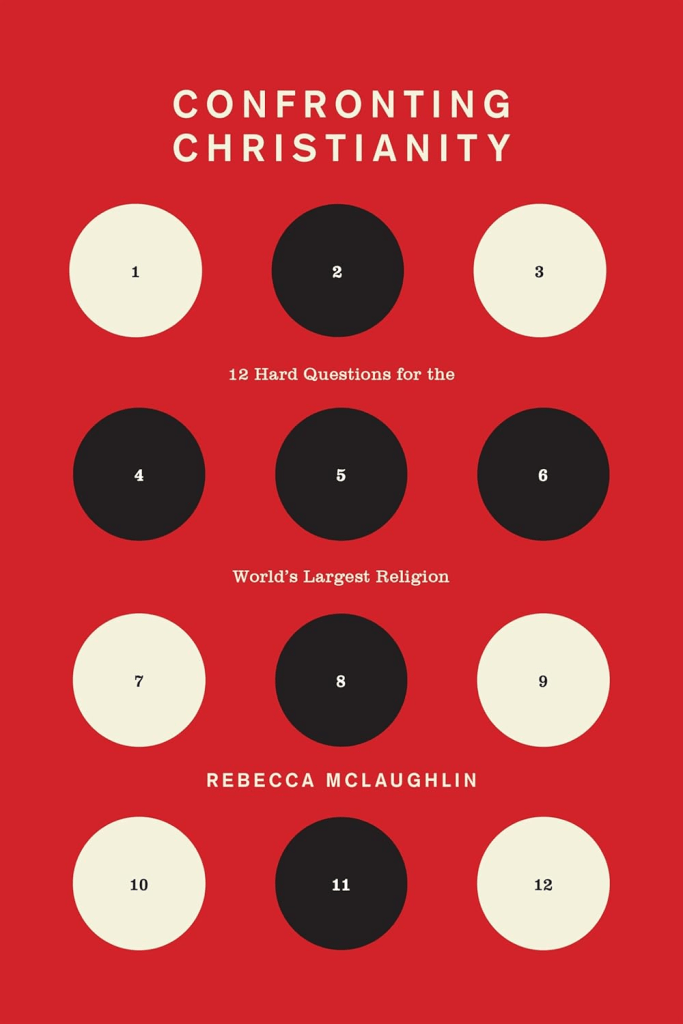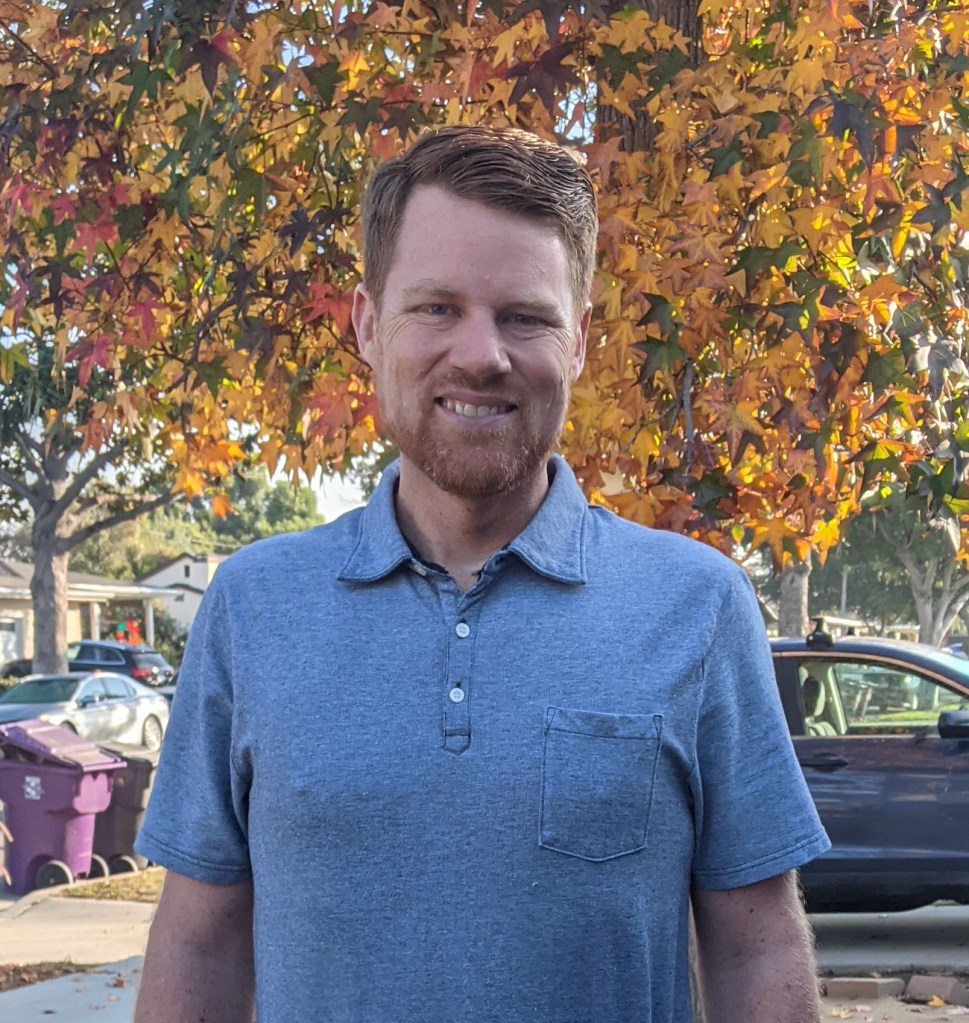I love reading “best of” book lists this time of year from others, so here is mine, offered with a number of caveats: I don’t read as many books as I wish I did, I don’t read as widely as I think I should, and I am often years late to a book.
That out of the way, here are my favorite books I read this year:
My book of the year/favorite book that integrates Christianity and the social sciences – Remaking the World: How 1776 Created the Post-Christian West by Andrew Wilson (Crossway, 2023)

I found this book because it topped so many “Best of” lists last year that I eventually picked it up, even though the title didn’t do anything for me. Boy, was I wrong. Almost every page I said out loud, “How did I not know this?”
It is a difficult book to describe: One part history, one part social science, one part history of philosophy, one part biblical theology. Wilson is a pastor (albeit as an Oxford grad he one of the most well-read pastors I’ve ever heard of) and writes with a breadth of knowledge that is staggering and a pastoral tone that is accessible.
Favorite book about why technology leaves us wanting without God– The Life We‘re Looking For: Reclaiming Relationship in a Technological World, by Andy Crouch (Convergent Press, 2022)

This was a very close second behind Wilson’s book for my favorite book of the year.
I try to read everything Crouch writes because I find him so insightful and helpful. In this book, his description of the pressures the technological age put on us have really helped me put words to my experience. Not every chapter in the book has aged well even though it only came out two years ago (my, how AI changed in a short time) but the concepts of “superhero” technology has stuck with me almost daily since I read it.
If you have benefited from Jonathan Haidt’s observations in books like Anxious Generation about the impact of technology on our soul but wish you could hear someone address these things from a distinctively Christian frame, this book could be what you are looking for.
The best thing I can say about this book, though, it that it was a beautiful apologetic for why our soul longs for God.
Favorite book about pastoral leadership – Authority: How Godly Rule Protects the Vulnerable, Strengthens Communities, and Promotes Human Flourishing, by Jonathan Leeman (Crossway, 2023)

The last few years of publishing have included a number of books by historians of evangelicalism in the United States that air the dirty laundry of authority gone badly. I’m not opposed to those sorts of books (there are things that needed to come to light), but they left me with the uneasy sense that authority was itself the problem. Yet I couldn’t help the fact that my life was filled with roles of authority (as a parent, boss, pastor, and so on).
Leeman’s book struck a beautiful note describing why good authority is necessary for all of us, while also recognizing the danger and destruction that comes from authority wrongly claimed or used.
Runner up: Bully Pulpit: Confronting the Problem of Spiritual Abuse in the Church by Michael Kruger (Zondervan, 2022)

Favorite book to read with my kids: The Wingfeather Saga by Andrew Peterson

Another book that I heard recommended so many times that I eventually relented and starting reading with my nine-year old. I’m glad I did, both for his sake and mine. Peterson brings you into the internal world of the thirteen-year old, Christ-figure hero of the story, which gave ample paternal opportunities to talk with my son about how he might feel if he were in this situation.
Favorite commentary on Romans – Romans (Zondervan Exegetical Commentary Series), by Frank Thielman (Zondervan, 2018)

I preached through Romans this year at our church, which meant my desk was covered by Romans resources all year. This is the one I came back to most often and found most helpful to use.
Most of that credit goes to Thielman’s writing and scholarship, with a minority share of the credit to the Zondervan series in general for an excellent job laying out the ZECNT series for readability.
Favorite book about the goodness of Jesus – Confronting Christianity: 12 Hard Questions for the World’s Largest Religion, by Rebcecca McLaughlin (The Gospel Coalition, 2019)

My men’s life group read a few books together this year, and this was my favorite. I had read parts of it in years past but this was the first time cover-to-cover with a group. McLaughlin is obviously brilliant (with a Cambridge Ph.D. to prove it), but her writing is accessible and easy to follow, while still treating the writer with respect.
The book is formatted as a series of objections to the Christian faith from the position of an informed skeptic, with a one-chapter response to each.
McLaughlin’s responses are thoughtful, kind, relentless, and always Jesus-centered (as in, every chapter includes a specific and lengthly discussion of a parable or story from the life of Jesus). I pray I will have the opportunity to give this book to a friend considering Jesus soon.



